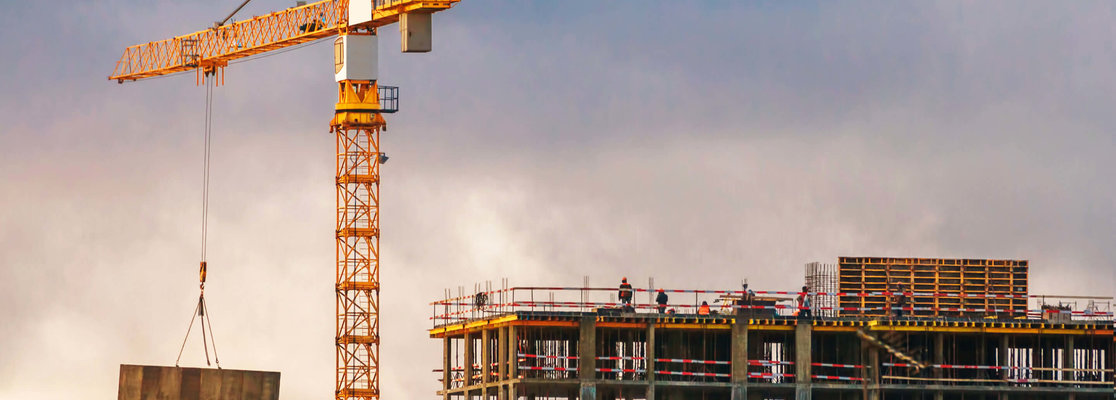Why is Plywood Used in Construction Projects?
Plywood is very widely used in construction. This is since it has many useful properties that are suitable for construction. Plywood is a factory-made industrial material with exact dimensions, made with panels joined by an odd number of layers. These sheets are glued together to form a thicker sheet. Plywood is very light and very durable. It can be used both inside and outside a building. Therefore, it is widely preferred by builders and architects.
Plywood Features
Very high strengthPlywood has the physical strength of the wood from which it is made. Only then can it be strengthened during the production cycle. An entire sheet of plywood is resistant to splitting, especially when screwed into corners. There is a balanced power in the entire layer. This, in turn, increases its stability. Plywood also has a very high strength-to-weight ratio compared to sawn timber. Curtained beams are ideal for flooring and curtain walls.
Flexibility
Plywood is very suitable for cutting and unlike wood it can be used in construction to suit any need. Its main advantage is that the thickness of each layer can be changed according to its purpose. The number of sheets used can range from three to several, depending on the flexibility required. For use in panels and ceilings, it is common to use thin coatings for greater flexibility.
Powerful Panel Cut
Plywood is made by joining an odd number of layers. This ensures that it is resistant to bending. Each plywood is placed at an angle of 90 degrees. These fine-grained coatings are at an angle of 30 to 45 degrees from each other. This increases its strength in all directions. This cross lamination technology is useful for fabricated panels or support.
Impact Resistant
Due to cross lamination, plywood has very high tensile strength. This ensures that it can withstand overloads up to twice its pre-designed tolerance. This is because cross lamination allows all the force to be dispersed over a large area rather than being concentrated at one specific point. This is especially important when withstanding strong winds or sudden seismic activity. Plywood with high tensile strength is used in heavy-duty applications such as concrete carcasses and flooring.
Plywood is resistant to moisture and humidity.
For this reason, it is highly preferred when making exterior facades of a building. Moisture resistance also plays an important role in indoor applications, including floors and walls. Plywood will not shrink or rot when exposed to water or very high temperatures.
Chemical Resistant
While plywood is inherently vulnerable to chemicals, this can be avoided by applying preservatives to the veneers. The result is so effective that it can be used in chemical works such as cooling towers.
Fire Resistant
Plywood is often combined with non-combustible materials such as fiber cement. It can also be coated with a fire-resistant chemical coating. This is ideal for constructing fire-resistant buildings.
Provides Insulation
Plywood naturally has high thermal and sound insulation. It is often used to insulate walls, floors, and ceilings of houses. The high insulating properties of plywood reduce heating and cooling costs over the years. Also ideal for use in the music industry, recording studios, etc. It can also be used on walls, floors, and ceilings of houses to make them soundproof.
Plywood Applications in Construction
- Plywood is used as a formwork support for wet concrete.
- Making furnitures such as cabinet, table, etc.
- Making light doors and windows
- Plywood is also used in floor construction.
- It can be used in the construction of exterior walls and wall partitions.
- It is also used in roofing applications.
Plywood is lightweight and has high durability. It is an environmentally friendly type of mold, resistant to moisture and water. For this reason, it is highly preferred by construction companies. This type of formwork is applied on the exterior, wall, and floor coverings of buildings as well as the slabs prepared for pouring concrete on construction sites. For example, it is used in many different areas such as retaining walls, high buildings, industrial buildings, residences, bridges, and viaducts.
What are the advantages of Plywood Formwork?
Considering the advantages and weight of plywood formwork, it is possible to understand why it is preferred. Plywood formwork is generally produced in 2 forms, 18 mm and 21 mm. The system is easy to manufacture and can be easily installed and transported. It may vary systematically and structurally depending on the type of trees used during production.
Using formwork plywood has several advantages such as:
- High quality concrete casting surface
- Minimum deviation
- High durability
- Light
- Strong chemical resistance
- Presence in different shapes and sizes
- Workforce and time savings

